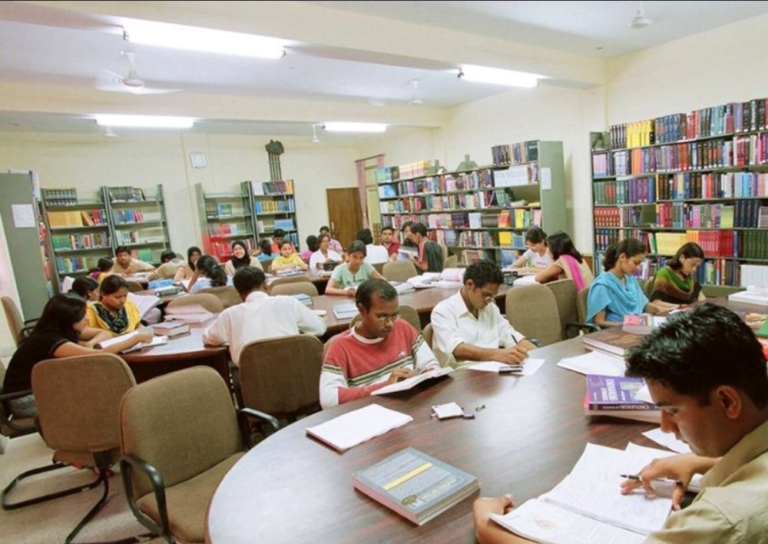Something Big is Coming rate of today match The landscape of higher education in India is undergoing a significant transformation, with online college admissions becoming increasingly prevalent and streamlined. Fueled by technological advancements, greater internet access, and a growing emphasis on convenience, more and more students are opting to apply to colleges and universities through online portals. This shift is not just changing the application process; it’s reshaping the entire higher education ecosystem.
This article examines the rise of online college admissions in India, exploring its benefits, challenges, and the impact it’s having on students and institutions.
The Rise of Online Admissions: A Paradigm Shift
Traditionally, the college admissions process in India involved cumbersome paperwork, long queues, and extensive travel. Students had to physically collect application forms, submit them in person, and attend multiple rounds of counseling and interviews. However, the advent of online admissions has simplified and democratized this process, making it more accessible and efficient.
Key drivers behind the rise of online admissions include:
Increased Internet Penetration: With internet access expanding rapidly across India, particularly in rural areas, more students now have the ability to apply to colleges online.
Government Initiatives: The government’s Digital India initiative has played a crucial role in promoting online education and streamlining administrative processes, including college admissions.
Convenience and Accessibility: Online admissions offer unparalleled convenience, allowing students to apply from anywhere with an internet connection, at any time.
Reduced Costs: Online applications eliminate the need for travel and physical paperwork, reducing costs for both students and institutions.
Transparency and Efficiency: Online portals provide greater transparency in the admissions process, allowing students to track their application status and receive updates in real-time.
Benefits of Online Admissions for Students
Online admissions offer numerous benefits for students, including:
Simplified Application Process: Online portals provide a user-friendly interface that guides students through the application process step-by-step.
Reduced Time and Effort: Students can complete and submit their applications online, saving time and effort compared to the traditional paper-based process.
Access to More Options: Online admissions allow students to apply to a wider range of colleges and universities across the country, regardless of their geographical location.
Real-Time Updates: Students can track the status of their applications online and receive updates on deadlines, results, and other important information.
Secure Document Submission: Online portals provide a secure platform for students to submit their academic transcripts, certificates, and other required documents.
Benefits of Online Admissions for Institutions
Online admissions also offer significant benefits for colleges and universities, including:
Streamlined Administration: Online portals automate many administrative tasks, such as application processing, document verification, and merit list generation.
Increased Efficiency: Online admissions reduce the workload for admissions staff, freeing up time to focus on other important tasks.
Wider Reach: Online admissions allow colleges to reach a wider pool of potential applicants, both within and outside the country.
Improved Data Management: Online portals provide a centralized database of student information, making it easier to manage and analyze admissions data.
Reduced Costs: Online admissions reduce the costs associated with printing, mailing, and processing paper applications.
Challenges and Concerns
Despite the numerous benefits, online college admissions also face some challenges and concerns:
Digital Divide: Ensuring equitable access to internet and digital devices for all students, particularly those from underprivileged backgrounds.
Technical Issues: Addressing technical glitches and website crashes that can disrupt the application process.
Data Security and Privacy: Protecting student data from cyber threats and ensuring compliance with data privacy regulations.
Authenticity of Documents: Verifying the authenticity of documents submitted online and preventing fraud.
Lack of Personal Interaction: Replicating the personal interaction between students and admissions staff that is often part of the traditional admissions process.
The Future of College Admissions in India
Online admissions are poised to become the norm in India’s higher education system. As technology continues to advance and internet access expands, more and more colleges and universities will adopt online portals to streamline their admissions process. To ensure that all students benefit from this transformation, it is crucial to address the challenges and concerns associated with online admissions, particularly those related to the digital divide and data security. The future of college admissions in India is digital, and by embracing innovation and addressing the challenges, the nation can create a more equitable and accessible higher education system for all.














